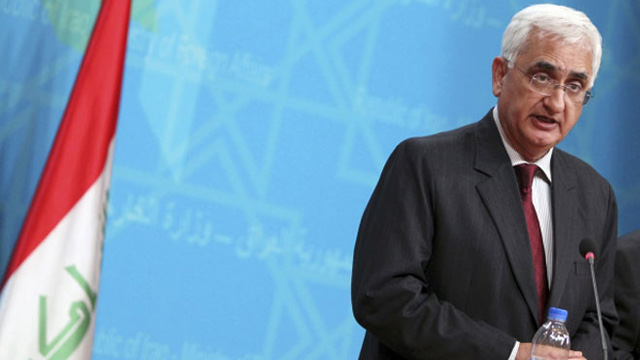It is easy to judge what the US should or should not do, but India should ask itself whether it is capable of taking such of hard-hitting decisions.
As the US government debated the use of military force against Bashar al-Assad’s regime in Syria, there was no consensus in biased Washington. A US failure to penalize Assad’s forces for using chemical weapons risks persuading their onslaught, weakens American leadership in the region and around the world, and undermines an international meeting. Moreover, the longer the delay, the less useful any future course of action will be.
Simultaneously, even partial US-led military intrusion, such as cruise missile strikes, may lead to more civilian fatalities, be professed as illegal without the support of China and Russia at the Security Council, reinforce the hands of Islamist rebels and also risk propagating the Syrian conflict by bolstering rebel forces.
The impact of the Iraq and Afghanistan wars show that US leaders remain quite aware to the unanticipated consequences of any foreign intrusion.
It’s a mystery
Even though Syria may be less vital to Indian interests, New Delhi finds itself in a rather similar connect. A default view expressed by many Indian diplomats and analysts is that India must resist any western-led military action. India’s Foreign Affairs Minister Salman Khurshid has clearly said that India would not support any military action with the absence of Security Council’s consent, a view reiterated by Prime Minister Manmohan Singh at the G20 Summit. Beyond its legitimacy and justification, India indeed has its own grounds to counter a US-led military strike on Syria.
Had US involvement contributed to Assad’s fall, the chief beneficiaries would have been Sunni Islamist rebel groups, and India has for long been at the receiving end of deadly and fatal Islamism militant. India is already bearing the material costs of West Asia’s destabilisation. Oil prices have shot up by over 20 percent since the Arab Spring began. And it all came just as Indian currency lost against the US dollar adding approximately Rs 8000 crores to India’s annual oil import bill.
But the Syrian mystery also raises the question of what world order India wishes. Despite the fact that a West Asia affected by Islamist radicalism and sectarian clashes is undoubtedly not favourable to Indian interests, neither is the one diagnosed by oppressive dictatorship and chemical weapon use.
More problems with India’s position are uncovered in view of the long-term repercussions of the Syrian crisis. Even if Assad would come out victorious, he would barely be let back into the fold of the international community. Barring the West, he appears to have destroyed enough bridges with Israel, Saudi Arabia, Qatar and Turkey — all the countries with which India has significant relations — to give New Delhi a reason for hiatus.
Finally, India’s voiced its position that an international military intervention without the consent of Security Council is upsetting. But India’s evasive stand raised qualms about the country’s international leadership ambitions. Lack of a strong defence of India’s stance, whatever it may be, is the main reason why its concerns and interests are not often paid attention to on issues it does consider vital. In other words, India’s studied silence on apparently distant matters of global significance may have come at a cost closer to home, whether on Iran, Afghanistan or Myanmar.
For now, India can manage to live with its denial because its direct risk in the Syrian conflict is fairly trivial and because its capacity to affect conclusions is still rather limited.
However, this will not be the case for long. It is easy to judge what the US should or should not do, but India should ask itself whether it is capable of taking such of hard-hitting decisions.





